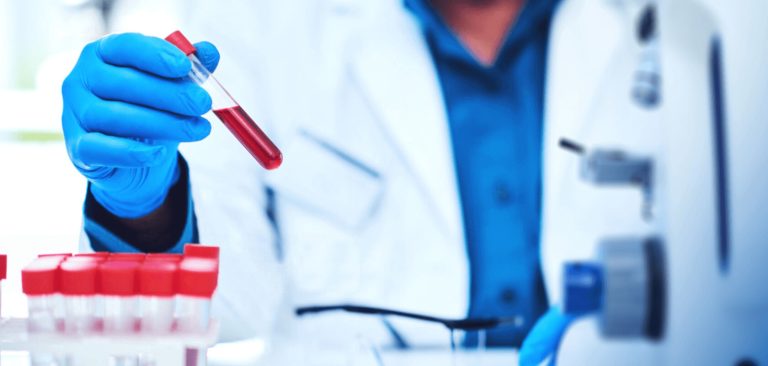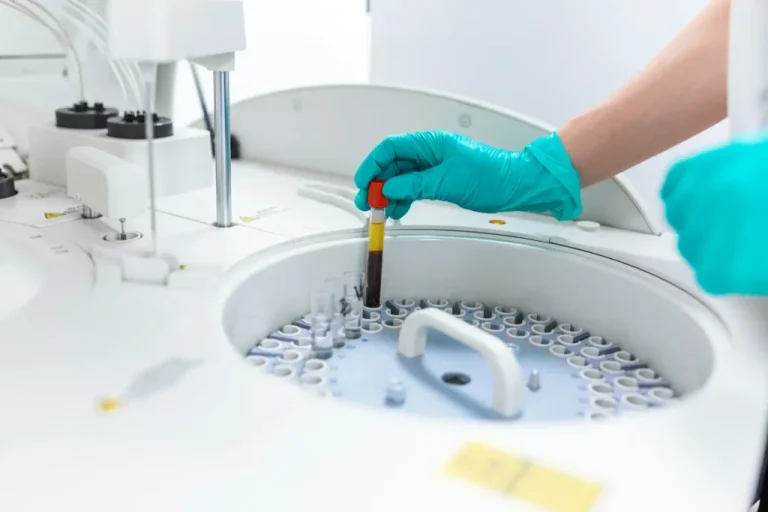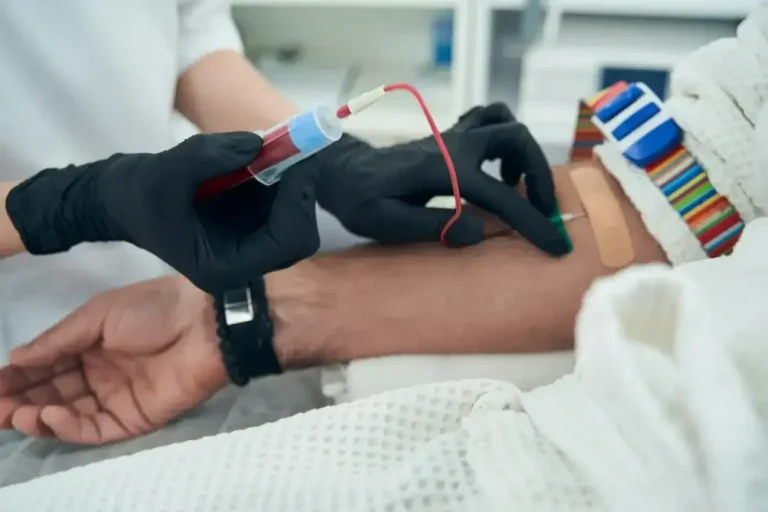A new blood test promising near-perfect accuracy is reshaping the future of testicular cancer detection—and high-profile voices are calling it a game-changer. Backed by actor and cancer survivor Jack James Ryan, this innovation could remove the stigma and uncertainty surrounding early diagnosis, giving men a faster, less invasive way to protect their health.
Jack James Ryan, known for his role on Coronation Street, is lending his voice to the UK launch of the TC100—a revolutionary blood test developed by EDX Medical Group. Diagnosed with testicular cancer at just 19, Ryan understands first-hand the fear and confusion men often face when navigating the traditional routes of diagnosis. Now cancer-free, he is using his platform to highlight a breakthrough that could redefine early detection and post-treatment monitoring.
The TC100 works through two simple blood draws, analysed by a state-of-the-art AI algorithm that screens for proteins, hormones and enzymes linked to testicular cancer. With up to 99% accuracy, the test has the potential to detect the disease earlier and more reliably than conventional methods. Its simplicity and precision could significantly reduce the need for uncomfortable physical examinations and follow-up scans, which often deter men from seeking medical attention early.
Jack emphasised that stigma and embarrassment still prevent many men from undergoing physical checks. He believes that by making the detection process discreet, accurate and accessible, the TC100 could encourage men to act faster—ultimately saving lives. This ease of use, coupled with scientific credibility, marks the test as a milestone in male health.
Developed at the renowned Cambridge Science Park, the TC100 is expected to be available later this month or in early May at a cost of approximately £500. While the public can purchase the test, blood samples must be collected by a medical professional—either in a clinic or, in some cases, at home. The test is not only a tool for first-time diagnosis, but also for long-term monitoring in patients recovering from the disease, a group for whom regular reassurance can be vital.
Professor Sir Chris Evans, founder of EDX Medical Group, stressed the urgent need for better awareness and detection tools, especially for younger men. Testicular cancer disproportionately affects males aged 15 to 49, with the highest incidence seen in those between 30 and 34. Despite high survival rates—over 90% survive a decade post-diagnosis—early detection remains key to reducing treatment intensity and long-term side effects.
Dr Mike Hudson, Chief Executive of EDX Medical Group, added that the test could spare patients unnecessary biopsies, scans and toxic chemotherapy by providing early, definitive answers. This could improve not just survival rates, but overall quality of life for those undergoing treatment or surveillance.
In the UK, around 2,400 men are diagnosed with testicular cancer each year. According to Cancer Research UK, it’s one of the most common forms of the disease in younger men. Though treatable, it often carries a psychological toll due to its nature and location, making non-invasive solutions like TC100 all the more valuable.
Symptoms include lumps, swelling or pain in the testicles or scrotum, and the NHS urges men to perform monthly self-checks. While not every change signals cancer, early professional assessment is essential to rule it out or begin treatment without delay.
Looking ahead, EDX Medical is also working on a similar diagnostic tool for prostate cancer—another area where early, precise testing could be life-changing. The initiative has already gained attention from figures like Sir Chris Hoy, who recently shared his own cancer journey to raise awareness.
EDX Medical Group Plc (AQSE:EDX) is a global specialist in digital clinical diagnostics; developing and supporting high-performance products and services to provide cost-effective prediction of disease risk, inform clinical decision-making, enable personalised healthcare and accelerate the development of new medicines for cancer, neurology, heart disease and infectious diseases.








































